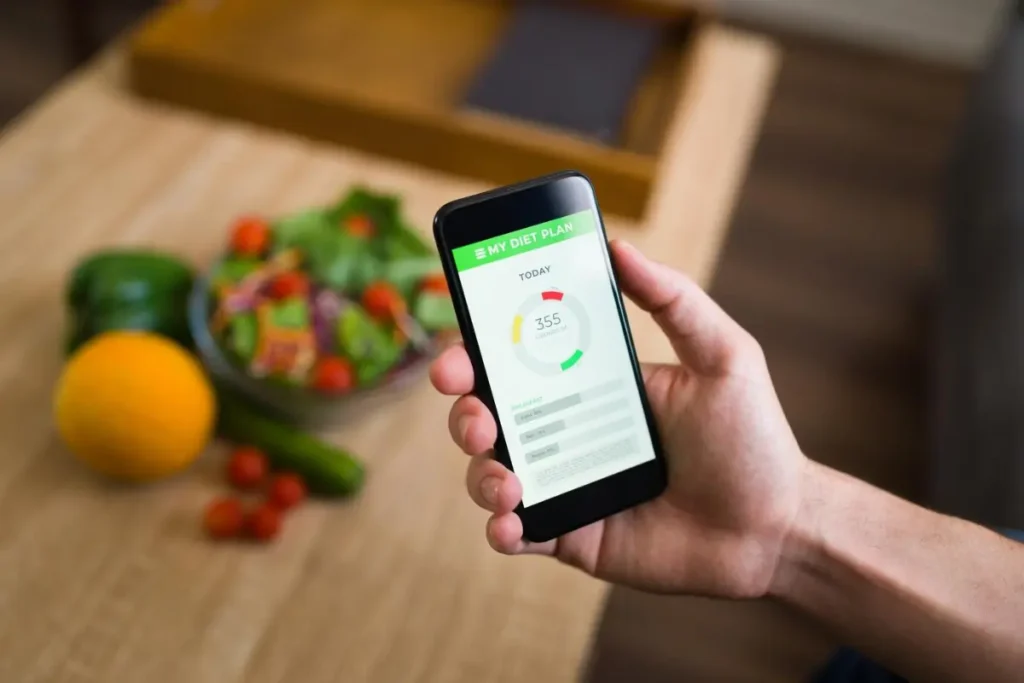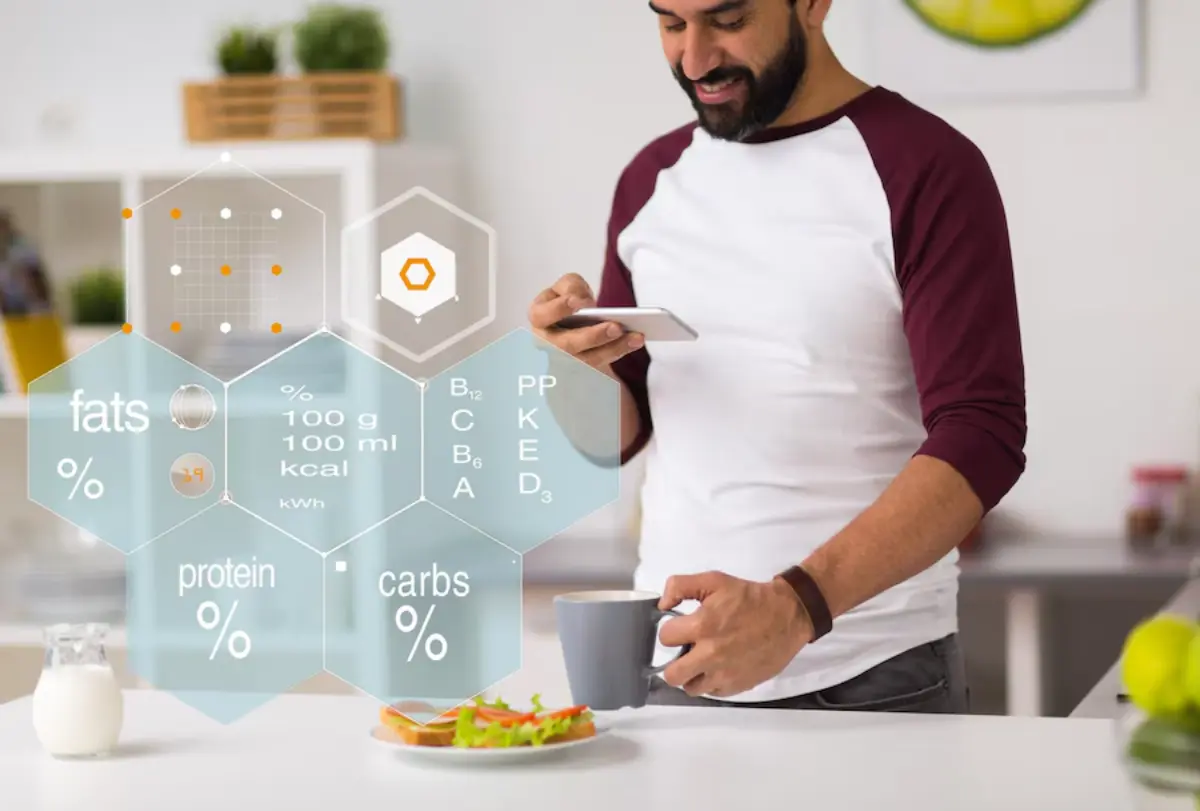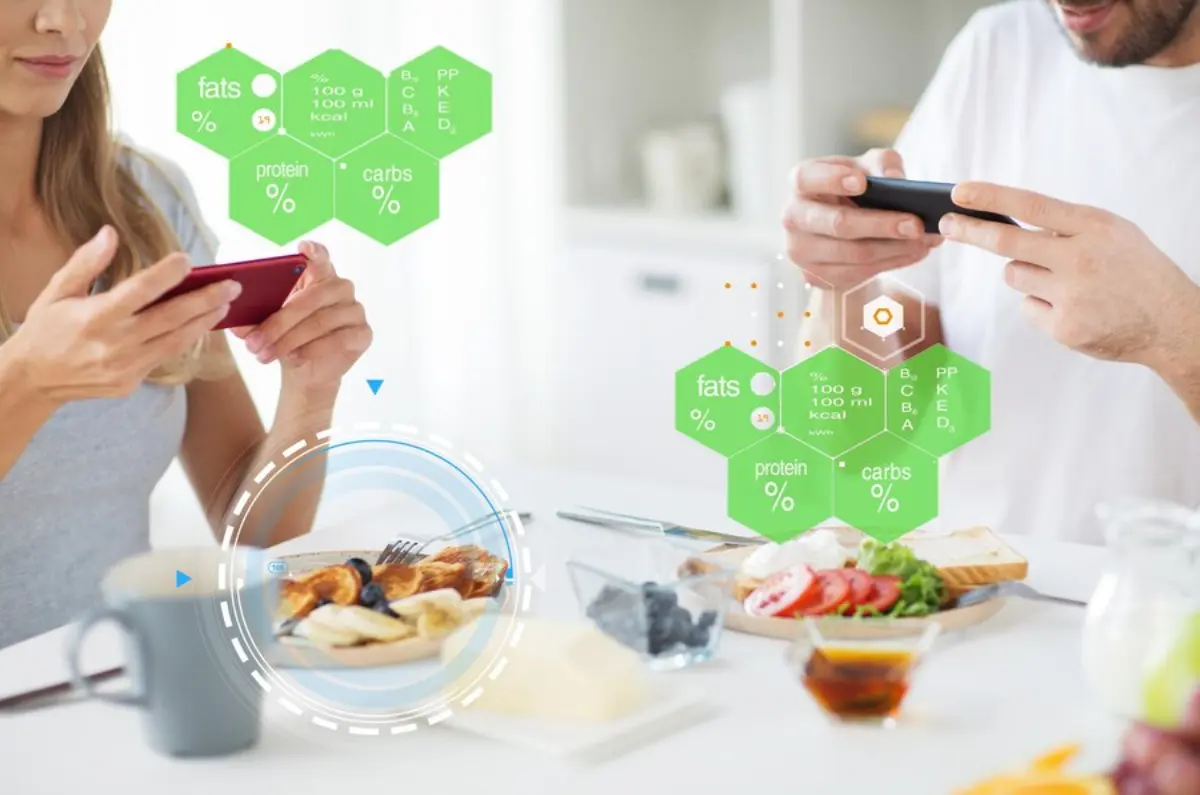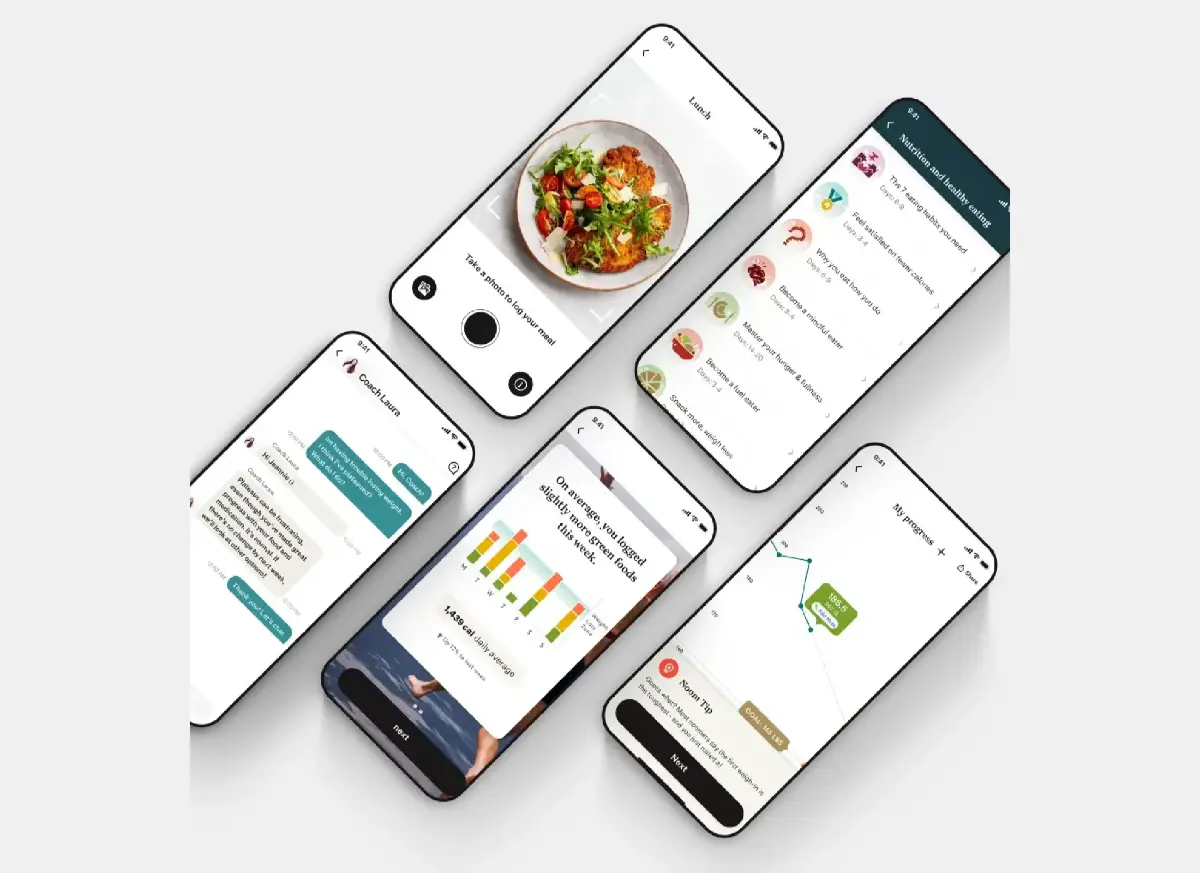The E-commerce Blog

Nutrition Planning with AI Diet Apps
Imagine opening your phone and having a personal nutritionist ready to guide your meals — someone who knows your goals, understands your schedule, and adapts when you decide to swap breakfast for brunch. That’s the promise of AI diet planning, and it’s changing the way we think about food.
In a world filled with confusing diet trends and one-size-fits-all meal plans, smart nutrition apps offer a refreshing alternative: personalised meal plans that evolve with you. Whether you’re trying to manage your weight, boost your energy, or simply eat better, these tools help you take the guesswork out of nutrition.
In this article, you’ll learn how AI is transforming diet planning, explore the top apps leading the way, and get practical tips for building a healthier relationship with food — with a little help from your phone.
Why Traditional Diets Often Fall Short
Let’s be honest — most generic meal plans don’t stick.
Maybe they’re too strict. Maybe they don’t fit your lifestyle. Or maybe they just don’t feel like you. That’s because traditional diets rarely take into account your personal habits, food preferences, or changing daily needs.
AI steps in where conventional plans fall flat — by listening, learning, and adjusting to you in real time.
Common problems with traditional diets:
- Too rigid for busy or unpredictable schedules
- Ignorant of individual metabolism and nutritional needs
- Hard to maintain long-term
- Often based on trends rather than science
How AI Diet Planning Works

AI-powered diet apps use data — and lots of it. These tools track your:
- Age, height, weight, and activity levels
- Dietary goals (weight loss, muscle gain, energy boost, etc.)
- Food preferences, allergies, and cultural dietary needs
- Daily food intake, often via photo logging or barcode scanning
- Exercise, sleep, and hydration (integrated from wearables or fitness apps)
Using machine learning, these apps analyse patterns in your behaviour, compare them against nutritional guidelines, and deliver personalised meal plans that adjust based on your progress, mood, and lifestyle.
The result? Smarter choices, made easier.
Benefits of Using Smart Nutrition Apps

Here’s why more people are turning to smart nutrition apps:
1. Customised, Not Cookie-Cutter
Every recommendation is tailored to your body, your goals, and your preferences — no more trying to fit into someone else’s plan.
2. Flexible and Real-Time
Plans can adapt when you skip a workout, eat out at a restaurant, or just feel hungrier than usual.
3. Educational
Apps explain why a certain food is recommended — helping you build healthier habits over time.
4. Easy Tracking
No need to manually calculate calories or macros. Barcode scanners, photo uploads, and smart reminders handle the math.
5. Motivational
Visual progress charts, gentle nudges, and daily tips keep you engaged — without guilt or pressure.
Top AI Diet Apps to Try Right Now
Looking for the best tools in the game? These smart nutrition apps lead the pack:
1. Lumen
- Uses a small breath analyser to measure your metabolism daily
- Offers real-time food suggestions based on fat or carb-burning state
- Adapts to changes in activity, sleep, and stress
2. MyFitnessPal with AI Insights
- Massive food database with barcode scanning
- Tracks calories, macros, and nutrients
- AI suggests meals and reminders based on your habits
3. Yazio
- Builds meal plans based on diet type (e.g., vegan, keto, intermittent fasting)
- Offers healthy recipe suggestions with built-in calorie counts
- Learns from your preferences to improve recommendations
4. Noom

- Combines AI with behavioural psychology
- Focuses on habit change, emotional eating, and food education
- Adapts meal suggestions to your mindset and mood
5. Senza
- Designed for low-carb and keto lifestyles
- AI tracks ketone levels, carb intake, and fasting windows
- Recommends foods that keep you within your target zone
Real-World Stories: How People Use AI for Smarter Eating
Sarah, the busy marketing manager:
Between meetings and client calls, Sarah barely has time to meal prep. She uses Yazio to plan quick, healthy dinners based on what’s in her fridge. The app even adjusts her plan when she logs an impromptu takeaway lunch.
Miguel, the medical student:
Miguel uses Lumen to understand how sleep affects his metabolism. When he’s running low on energy after late-night study sessions, his app recommends carb-rich meals to fuel his day — without the guilt.
Aisha, the wellness coach:
Aisha swears by Noom. The emotional check-ins and AI-based journaling help her stay mindful of why she’s eating — not just what she’s eating.
The Role of Personalised Meal Plans in Long-Term Health
Meal planning isn’t just about weight loss. It’s about:
- Balancing energy throughout the day
- Supporting mental clarity and focus
- Improving digestion and reducing inflammation
- Preventing chronic disease through nutrient-dense choices
When meal plans are personalised, they account for all of this — and can evolve as your body and life change.
Key features of effective personalised plans:
- Foods you enjoy (so you stick with it)
- Balanced macronutrients and micronutrients
- Built-in flexibility (yes, dessert can still be part of the plan)
- Weekly or daily adjustments based on feedback
Get Started with AI Diet Planning
Ready to try it yourself? Here’s a simple plan:
Choose Your Focus
Weight loss, energy, mood, muscle gain, better digestion — pick one clear goal.
Select Your App
Start with one from the list above. Most offer free versions or trials.
Set Up Your Profile
Be honest. Include your current habits, allergies, and food preferences for the most accurate results.
Track for 1 Week
Don’t try to be perfect — just log your food, mood, and energy levels. Let the AI start learning.
Review and Adjust
Most apps provide weekly summaries. Use these to tweak your plan, explore new foods, and track progress.
What the Future Holds for AI in Nutrition
We’re just getting started. Here’s what’s coming next:
- AI meal prep assistants that create shopping lists and suggest local recipes
- Wearable-linked nutrition feedback (e.g., real-time hydration or glucose tracking)
- Voice-activated meal logging via smart devices
- Emotion-aware nutrition advice based on stress or mood signals
- Integrated health dashboards combining fitness, sleep, and diet data for holistic wellness
The ultimate goal? To create tools that don’t just help you eat better — they help you live better.
Eat Smarter, Live Stronger
You don’t need to count every calorie or follow a rigid diet plan to feel good in your body. With today’s AI diet planning, you can enjoy personalised meal plans that support your goals, match your lifestyle, and adapt as you go.
These smart nutrition apps take the pressure off and bring the joy back to eating. They’re not about restriction — they’re about smart choices, made simple.









